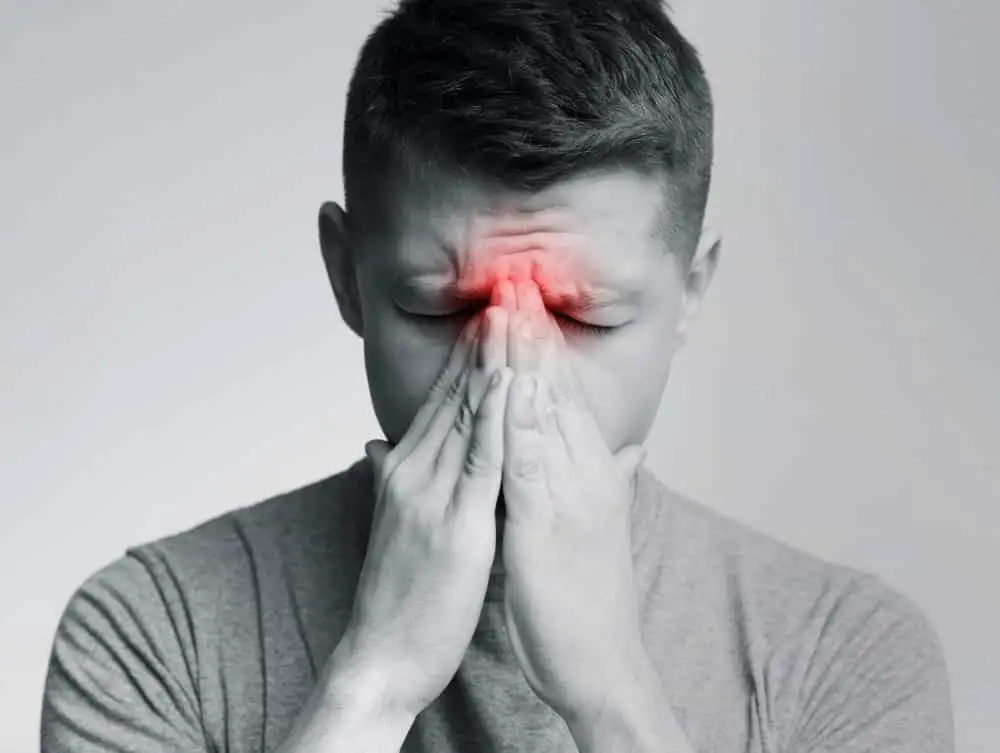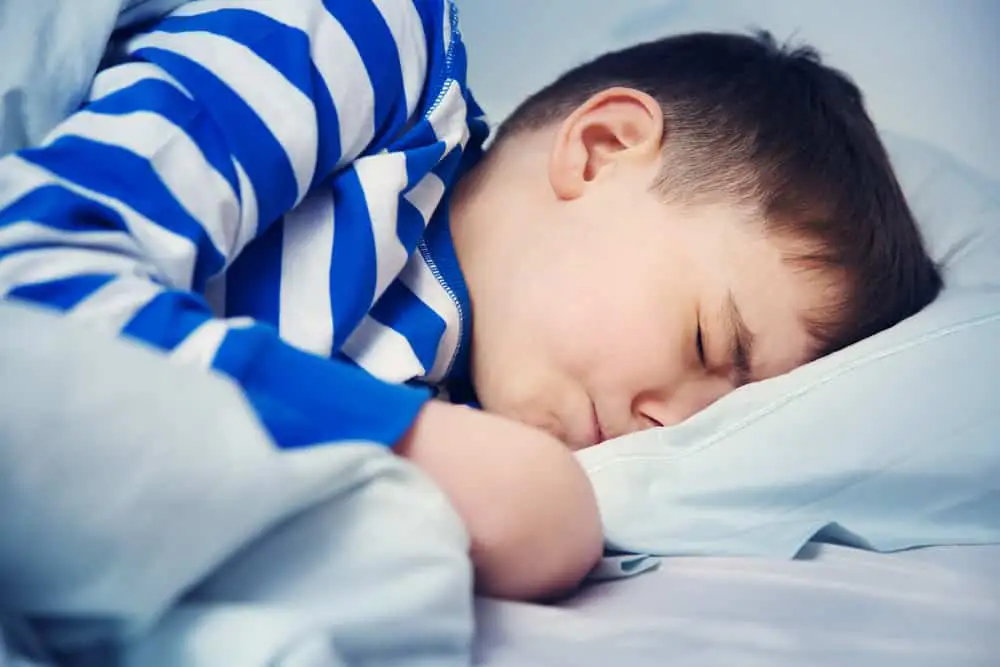The human brain is a highly complex organ that contains about 86 billion nerve cells. These can make a possible 1,000 trillion unique connections, and the cells themselves can send pulses of electrical information at speeds of up to 400 kilometres per hour4. It’s truly an amazing organ that has rocketed us to the very top of the food chain.
But scientists still have a lot to learn about it, particularly its role in depression and other mental health issues.
Is depression caused by a chemical balance? No—it’s not as simple as that. Depression is thought to be caused by a combination of possible factors, one of which may be a chemical imbalance. Neurotransmitters like serotonin, dopamine, and norepinephrine can play a role in depression, but it isn’t as simple as a certain chemical being too high or low. Scientists don’t even understand what a “balanced” amount of chemicals looks like.
If a chemical imbalance was solely to blame for depression, SSRIs should be 100% effective. But they’re not. They absolutely can work wonders for some people5, but again, scientists aren’t really sure why they don’t work for everyone. In addition to this, medications that are not SSRIs have also shown to help with depression symptoms, again suggesting that fixing a chemical imbalance does not cure depression by itself.
So the idea of a chemical imbalance being the sole cause of depression is a gross oversimplification. With this in mind, what are the other factors that are thought to contribute to depression?
What causes depression?
A variety of factors are thought to contribute to depression, including:
- Chemical imbalance—low levels of serotonin, dopamine, and norepinephrine are associated with aspects of depression, though not the sole cause by any means.
- Genetics—depression runs in families, so you have a higher chance of developing depression if a family member has it.
- Chronic stress—consistently high levels of stress can permanently alter your biology and lead to depression.
- Brain biology—the chemical receptors in your brain may be over-sensitive, undersensitive, or too enthusiastic with reabsorbing chemicals. All of these things may affect your mood and potentially lead to depression.
- Slow brain waves—brain waves are electrical impulses, and when there are too many slow brain waves in the front of the brain, people may be more susceptible to depression.
- Inflammation—chronic inflammation is shown to create a higher risk for depression and other mental illnesses.
- Hormones—endocrine disorders and other hormone imbalances can lead to depression and low moods.
- Food—foods high in vitamin C and vitamin E, as well as leafy greens, vegetables, and seafood may help stave off depression.
- Medication—certain acne medications, oral contraceptives, and high-pressure drugs are just a few examples of medications that can cause feelings of sadness and despair.
Where Did The Depression Chemical Imbalance Myth Come From?
It’s believed that the chemical imbalance myth for depression comes from antidepressant advertisements in the early 2000s2. Advertising can be a powerful way to spread an idea, but usually requires a simple message for people to remember it. Blaming depression on a chemical imbalance is an effective way to do so, and this oversimplification became common knowledge for many people. But thankfully, it’s slowly starting to fade from our culture.
References
- Suruchi Chandra, 2021, Causes of Depression: Beyond Chemical Imbalances and Genetics, Suruchi Chandra M.D
- Lacasse J, Leo J. Antidepressants and the chemical imbalance theory of depression: a reflection and update on the discourse (with responses from Ronald Pies and Daniel Carlat). Behavioural Therapist
- Lilienfeld SO, Sauvigné KC, Lynn SJ, Cautin RL, Latzman RD, Waldman ID. Fifty psychological and psychiatric terms to avoid: a list of inaccurate, misleading, misused, ambiguous, and logically confused words and phrases. Front Psychology
- Diana Wells, 2017, 21 Fun Facts About the Brain, Healthline
- Sarah Boseley, 2018, The drugs do work: antidepressants are effective, study shows | Drugs, The Guardian
How To Fix Sinus Headaches | Symptoms, Treatments, Causes
Sinus headaches can be extremely painful, but they are often misdiagnosed for migraines or regular headaches, which have different treatment options. In this article, we explore exactly what a sinus headache is, what causes them, and provide some of the best treatment options so that you can get some relief from your pain. What Is…
What Is The Difference Between A Psychologist & Psychiatrist?
If you’re struggling with mental health issues, you may be considering getting professional help. And if that’s the case, you might be asking yourself “what is the difference between a psychologist and a psychiatrist?” The confusion is justified because the two are very similar. But they do have distinct differences. In this article, we explore…
How To Stop Night Terrors In Kids & Adults | Signs, Causes, Fixes
The sound of screaming can be terrifying, especially if it’s coming from someone you love in the middle of the night. But when you rush to their side, you may find them fast asleep but distressed, sitting upright, ranting, and breathing heavily, which means they’re probably in the middle of a night terror. Despite the…




